Asahiyama Zoo is a very popular zoological garden just outside of central Asahikawa City in the middle of Hokkaido where the annual temperature gap reaches almost 70°C. It is Japan’s farthest northern zoo — visited by 3 million people per year. Located in the very north of Japan, Asahiyama Zoo is home to 800 animals of 124 different species. A zoo featuring fascinating exhibits showing the behavior of the animals in their natural habitats. They lies in the enclosures which allow visitors to observe the animals from various angles, many of which are unique to Asahiyama Zoo. Animals on display include native wildlife from Hokkaido, including deer, eagles, cranes and (now extinct) wolves, as well as various animals from across the world, such as polar bears, apes, big cats and giraffes. Their daily feeding time is also a must-see. (source)
北海道旭川市にある旭山動物園では巨大な水槽で泳ぐカバを観察することが出来ます。動物の子供たちもたくさん生まれています。
Hippopotamus
Hippopotamus amphibious
カバ
We can see Hippopotamus swimming in a large tank.
Asahiyama zoo
Google map
About Asahiyama zoo
About Asahiyama zoo
japan-guide.com
http://www.japan-guide.com/e/e6892.html (English)
Zoo Map
Asahiyama zoo
Polar Bear
Ursus maritimus
ホッキョクグマ
Black Swan
ブラックスワン
Snow goose
Anser caerulescens
ハクガン
Gentoo penguin
Pygoscelis papua
ジェンツーペンギン
King Penguin
Aptenodytes patagonicus
オウサマペンギン
An underwater glass tunnel lets visitors observe the birds as they fly through the water.
Ezo Brown Bear
Ursus arctos yesoensis
エゾヒグマ
Neofelis nebulosa
Clouded leopard
ウンピョウ
Mountain Hawk-eagle
Nisaetus nipalensis orientalis
クマタカ
Great spotted woodpecker
Dendrocopos major
アカゲラ
Mountain hare
Lepus timidus ainu
エゾユキウサギ
Raccoon
Procyon lotor
アライグマ
Chimpanzee
Pan troglodytes
チンパンジー
ring-tailed lemur
Lemur catta
ワオキツネザル
Abyssinian colobus
Colobus guereza
アビシニア コロブス
Pongo pygmaeus pygmaeus
orang-utan
ボルネオオランウータン
White-handed Gibbon
Hylobates lar
シロテテナガザル
Black-handed spider monkey
Ateles geoffroyi
ジェフロイクモザル
Raccoon Dog
Nyctereutes procyonoides albus
エゾタヌキ
Suffolk
サフォーク
Ostrich
Struthio camelus ssp.
ダチョウ
reticulated giraffe
Giraffa camelopardalis reticulata
アミメキリン
Spotted Seal
Phoca largha
ゴマフアザラシ
Amur Leopard
Panthera pardus orientalis
アムールヒョウ
Black Leopard
Panthera pardus var
ヒョウ(黒変種)
Snow Leopard
Panthera uncia
ユキヒョウ
Lion
Panthera leo
ライオン
Amur tiger
Panthera tigris altaica
アムールトラ
Styan's red panda, Lesser panda
Ailurus fulgens styani
シンセンレッサーパンダ
Polar Fox
Alopex lagopus
ホッキョクギツネ
Red fox
Vulpes vulpes schrencki
キタキツネ
Coho salmon, Silver salmon
Oncorhynchus kisutch
ギンザケ
Japanese foods are good and safe.
Because of stricter food safety law by Japanese government, we have no worry about foods.
Soft cream
ソフトクリーム
Pancake
パンケーキ
Oyster
カキ
Soft cream
ソフトクリーム
Chashu-men
Braised Pork Ramen
チャーシューメン
Pancake
パンケーキ
Oyster
カキ
Sashimi
刺身
Sushi
寿司
Sukiyaki
すき焼き
Beef Steak
ビーフステーキ
5 years have passed since Fukushima Daiichi nuclear power plant accident. I have visited various places of Japan to see the health consequence of the accident.
Fortunately I have never found any impacts by the nuclear power plant accident among Japanese creatures. As far as I know, nobody has health problem which is caused by the accident in Japan.
Our Prime Minister Abe assures that "The situation is under control. The influence of the contaminated water is completely blocked within Fukushima. There are no health-related problems until now and there will never be health problems." He also said that "Tokyo is 250 kilometers away from Fukushima, and the kind of danger that you imagine does not exist in Tokyo. Tokyo is a very safe city."
As PM Abe said, Hokkaido is very far away from Fukushima, people in Hokkaido have no concern about the nuclear power plant accident. People in Hokkaido have already forgotten the accident, because they think radioactive materials cannot reach there.
We know there is no problem for childbirth and child rearing in Hokkaido. So people in Hokkaido are living without any concern about the nuclear power plant accident.
I continue to visit various places in Japan to see the effects of the accident, because I can meet various creatures which are more sensitive to radioactive materials from the environment. It is important to see their health for our safety.
公衆衛生ネットワーク
Public Health Network in Japan



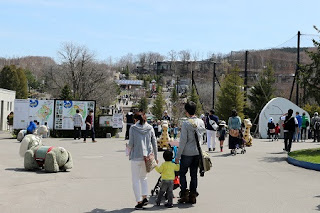

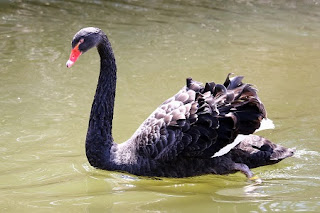


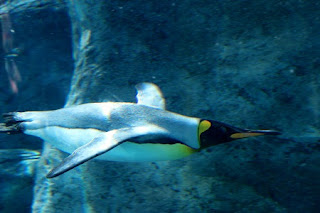


















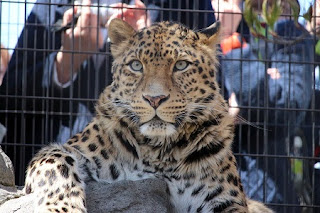






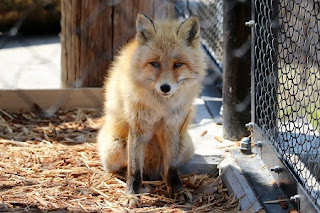




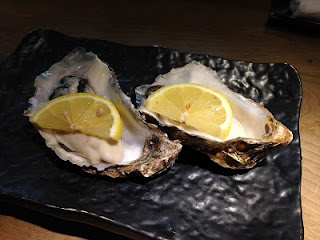
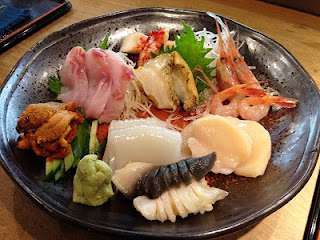




0 件のコメント:
コメントを投稿